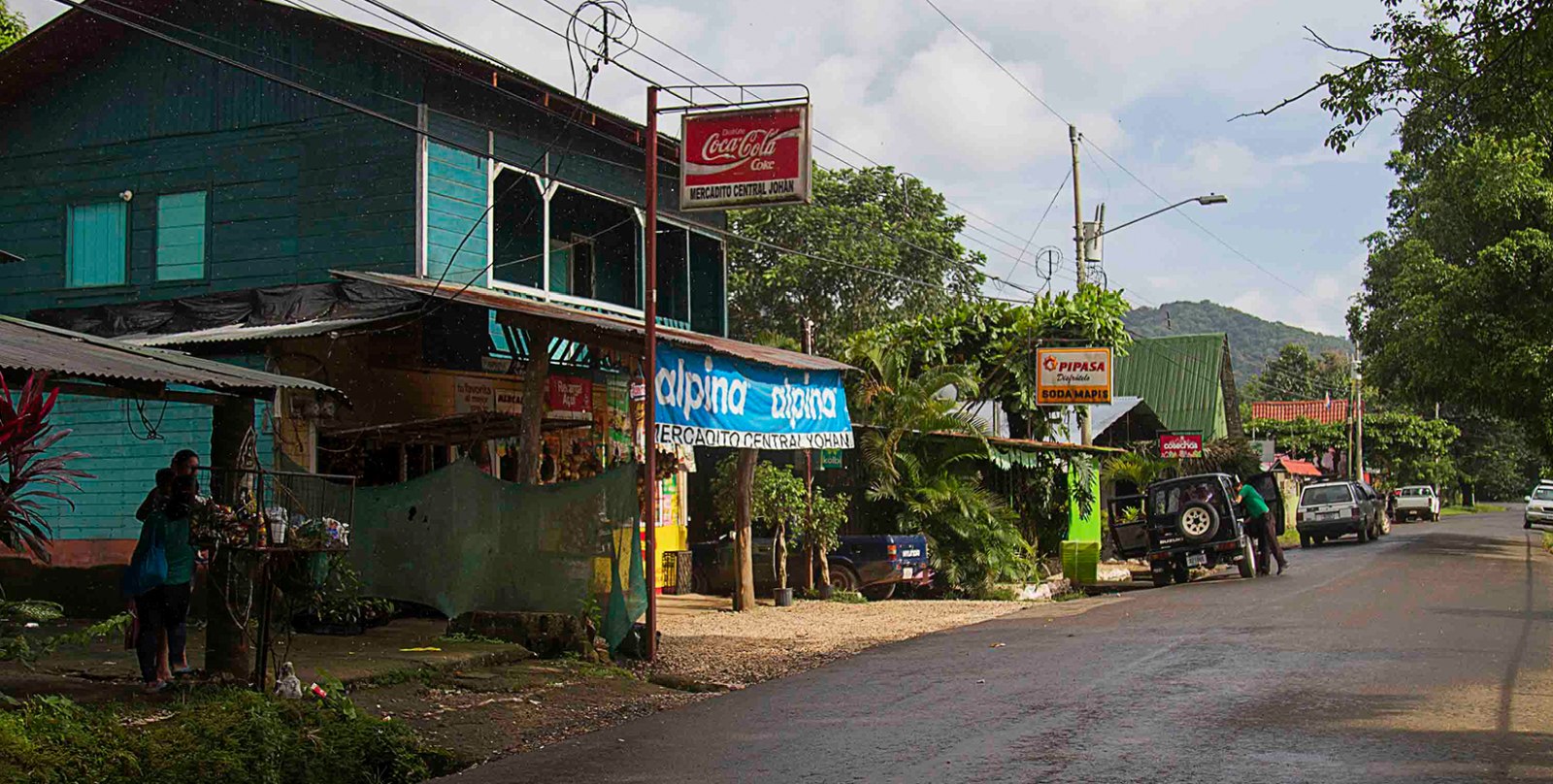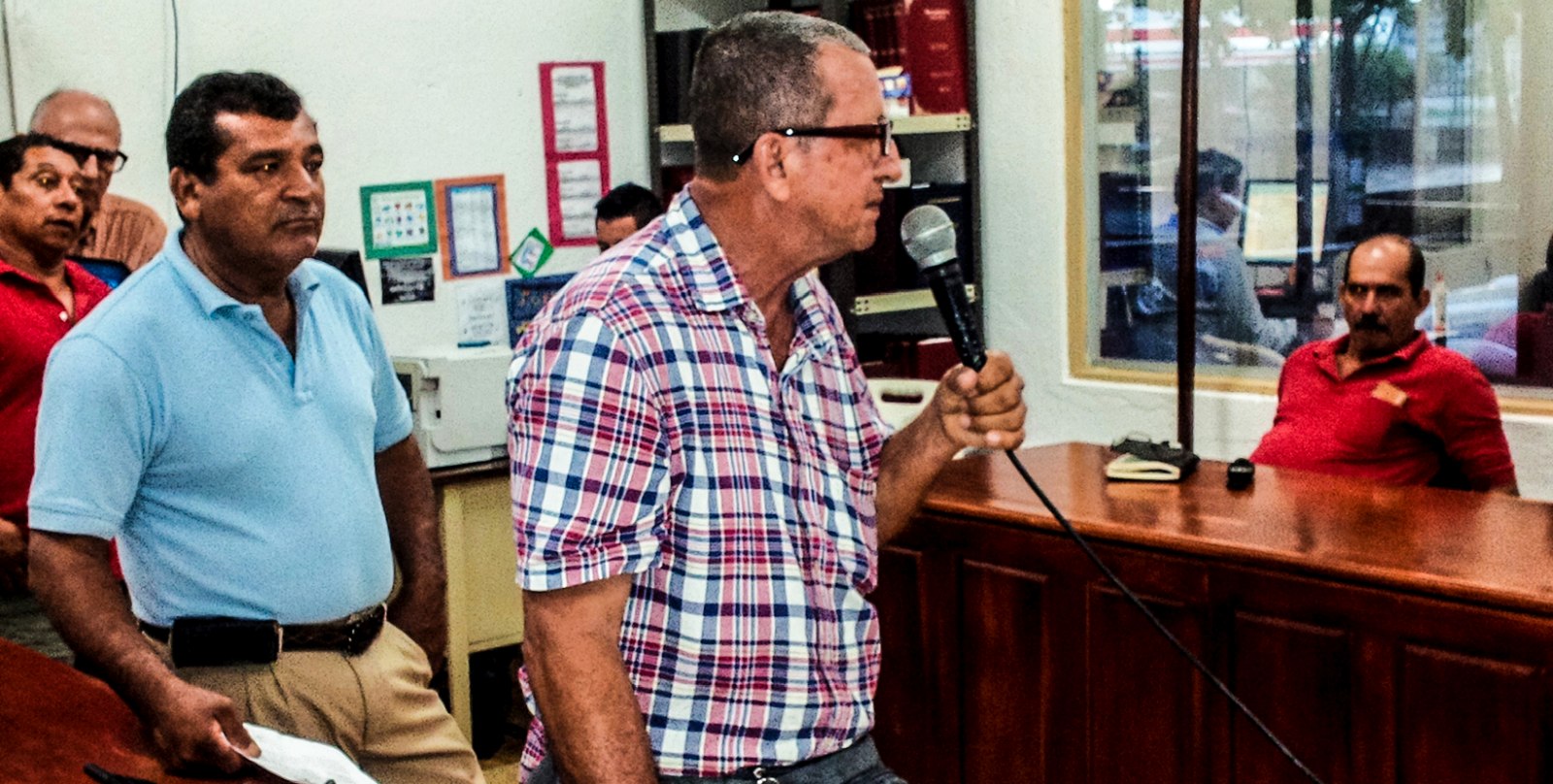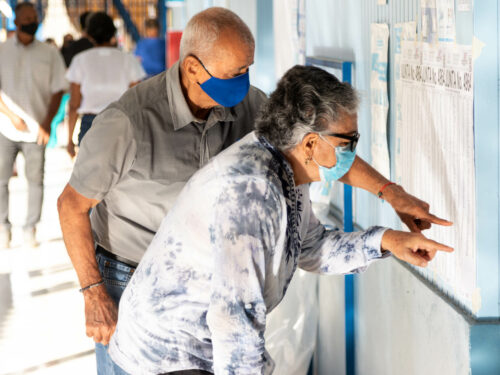
“I was writing a message to you but I better delete it, since you are a woman…” That was the comment that Johnny Gutierrez, a council member of the Municipal Council of Nicoya, made against the municipal vice president, Maria Auxiliadora Perez, at the end of a public session that was broadcast on Facebook.
The vice president directed the extraordinary session on Monday, February 14, in the absence of the municipal council president, Martin Reyes.
During the session, Perez questioned Gutierrez’s comment, who argued that he “disagreed” and “was very bothered” by the way she led the order for the session.
The next day, Perez posted a letter explaining her position on what had happened. She also read it during the ordinary session on February 15.
“It seems incredible to me how, in the middle of the 21st century, men who hold popularly elected positions like you continue to perpetuate and denigrate the image of women,” she wrote. “What example would I be setting for my nieces and my goddaughter if I let this slide?”
I made this letter public because, being the feminist that I am and defending the image of women from within the core of the council, I could not ignore a violent situation like this. [violence] is not an isolated event. It’s something that happens every day,” the vice president told The Voice of Guanacaste.
Gutierrez said that he doesn’t consider his comment to be sexist and justified it as a response to the “many ways the council member showed lack of respect towards him.” Even so, during the ordinary session, he asked Perez to forgive him in case she “had felt offended by his allegations.”
I’m very surprised that they treat me as violent, because I only responded. My colleague completely minimized me and I think it’s important to talk about violence from women toward men,” he told this newspaper.
This is not the first time that women who work in the municipal system have denounced acts of political violence. According to the National Women’s Institute for Women (INAMU for the Spanish acronym), this type of violence encompasses any negative behavior or comment, based on gender, that seeks to delegitimize the work that women do in the public sphere.
INAMU explains that such violence is more evident when the aggressors try to damage the credibility or political ability of women with demeaning, humiliating qualifiers, sarcastic comments that affect their political performance.
In Costa Rica, women in municipal politics tend to suffer psychological violence from their colleagues, bosses and even citizens of the cities, according to a 2019 study by the United Nations Development Program (UNDP) that consulted women who work in local governments.
The investigation indicates that the most common aggressions in these arenas range from derogatory comments related to gender to physical aggressions and slowing down progress on female politicians’ projects and proposals.
Councilor Perez thinks political violence is an “excessively common” situation in places such as municipal councils and it’s one of the issues that “are hard to talk about in public.”
At a time when the country’s women are facing a serious political situation, I believe that it’s valuable to talk about what we suffer in this area. We must stop treating women differently from men,” she stated.
Currently,the bill to prevent and punish this type of violence in the country’s political arenas is pending plenary discussion in the Legislative Assembly. INAMU is one of the bill’s main promoters.
The president of the council, Martin Reyes, said that he would not comment on the matter during the ordinary session on February 15. However, he issued an apology to the vice president.
In this situation, both felt offended, but on behalf of this municipal council and the corporation, I want to apologize to Maria Auxiliadora and the rest of the council’s female colleagues. Awareness needs to be raised and apologies made to each one of you,” he said.







Comments